What is E-Waste and Why Does it Matter?
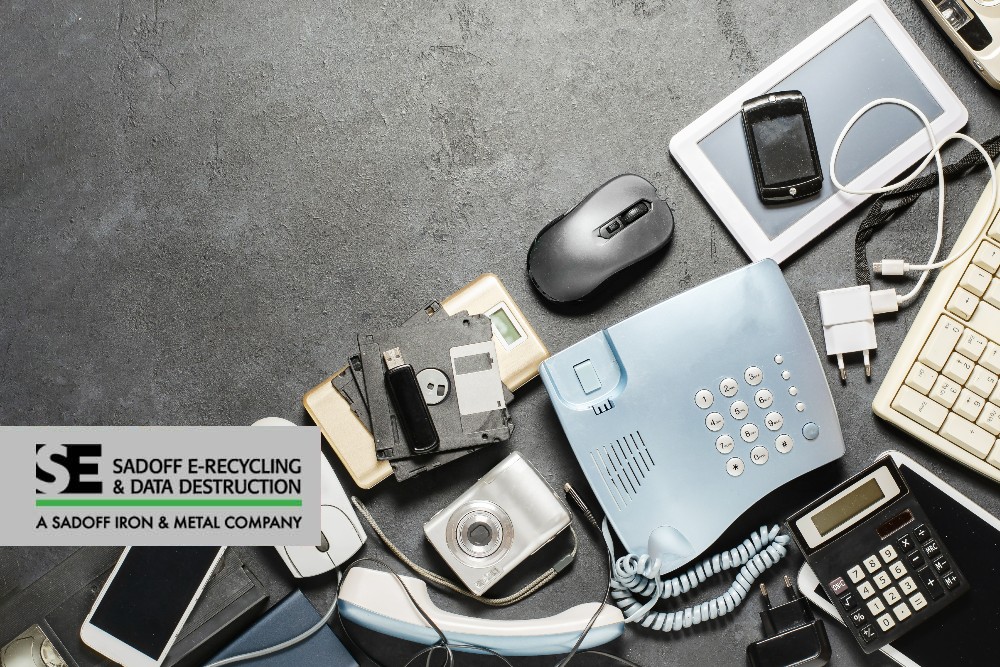 18
18 Jan
You’ve likely heard the term e-waste before. Maybe you even learned or figured it out on your own that e-waste stands for electronic waste, but what really is e-waste and why does it matter? At Sadoff E-Recycling & Data Destruction, we can shine a light on that topic and explore it further, but first, let’s get through some formal definitions.
What is the Definition of E-Waste?
E-waste is electronic waste but beyond that, there is no formal or universally accepted definition for e-waste. This is in part due to the complex nature of electronics. Some “e-waste” cannot be processed in a normal e-recycling facility—more on that term in a minute—and other “e-waste” might be recyclable under normal recycling processes.
For example, if you have a desktop, the aluminum case might be recyclable as is—follow your local guidelines—but the internals would be normal e-waste. Alternatively, a laptop might be e-waste, but some e-waste facilities wouldn’t be able to take the lithium-ion battery. Sadoff is not one of those facilities, we can handle and process your lithium-ion batteries as e-waste.
Is E-Waste Hazardous?
E-waste can be very hazardous. Believe it or not, there are all kinds of toxins and heavy metals even in your cell phone that you may be reading this article on. The only difference is that right now they are safely contained. Once exposed to the elements, heat, and pressure of a landfill or worse an incinerator, those hazardous materials will be free to contaminate the atmosphere, soil, water, and ultimately plants, animals, and people.
5 Reasons You Should Recycle E-Waste
How to Lower E-Waste?
You can actually follow the same three rules that you were likely taught in grade school:
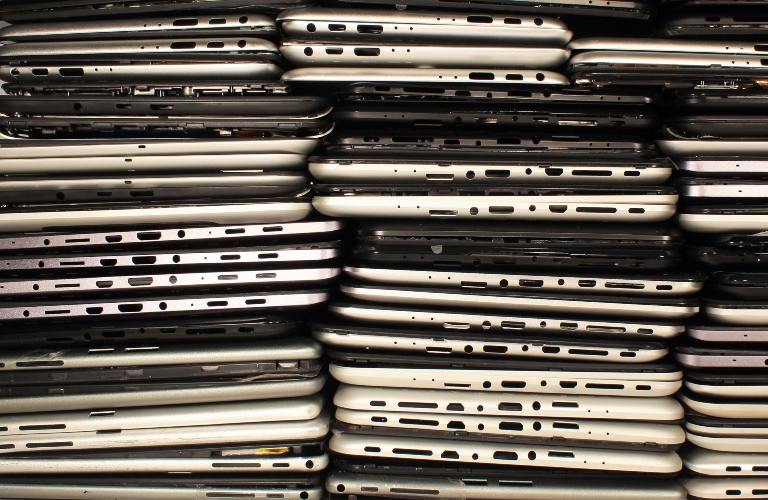 Reduce—Buy electronics that are built to last and maintain them well.
Reduce—Buy electronics that are built to last and maintain them well.
Example: Don’t leave your laptop in a damp or dusty environment.
- Reuse—Find ways to reuse or repurpose your electronics.
Example: Use your old TV at your cabin or in your garage instead of throwing it out.
- Recycle: When an electronic reaches the end of its lifecycle, recycle it properly.
Example: Don’t throw an old monitor in the garbage or even the recycling bin. Take it to a facility like Sadoff that can recycle it properly.
What is the Definition of E-Recycling?
Once you know what e-waste means, figuring out what e-recycling means is pretty easy. E-recycling is electronic recycling. It’s a little similar to recycling aluminum cans, glass, or cardboard, but there is more to it than other forms of more traditional recycling. It’s helpful though to know what recycling really means first.
What is Recycling?
There are actually a few sister terms to recycling that will help you understand what recycling actually is. These terms are upcycling and downcycling. Generally, recycling refers to any process that can return materials back to their original state and original level of reusability.
For example, recycling aluminum cans means you are turning old aluminum cans into new cans. Conversely, upcycling would be turning old aluminum cans into a product with more long-term value, such as a car or aluminum siding. Downcycling would be turning it into something of lesser value or lesser recyclability. This is often what happens with “recycled” plastic as plastic itself is fairly hard to recycle. There’s a lot more to these processes, but you get a general idea.
How Does Recycling Apply to Electronics?
Most recycling processes with e-recycling begin first with downcycling the electronics back into their original products. However, those products can then be upcycled back into electronics of the same or even greater value than the original. For this reason, electronics actually recycle very well.
Why Don’t Cities Offer E-Recycling?
Some cities do, though they usually do it through a partner company. There are a few reasons why most municipalities don’t invest in this sort of program:
- It’s a lot more time and labor-intensive than traditional recycling
- The value of the recycled materials changes day to day
- The processes involved can be complicated and vary from electronic to electronic
- There is data liability involved with hard drives and other data devices
Categorized in: E-Recycle



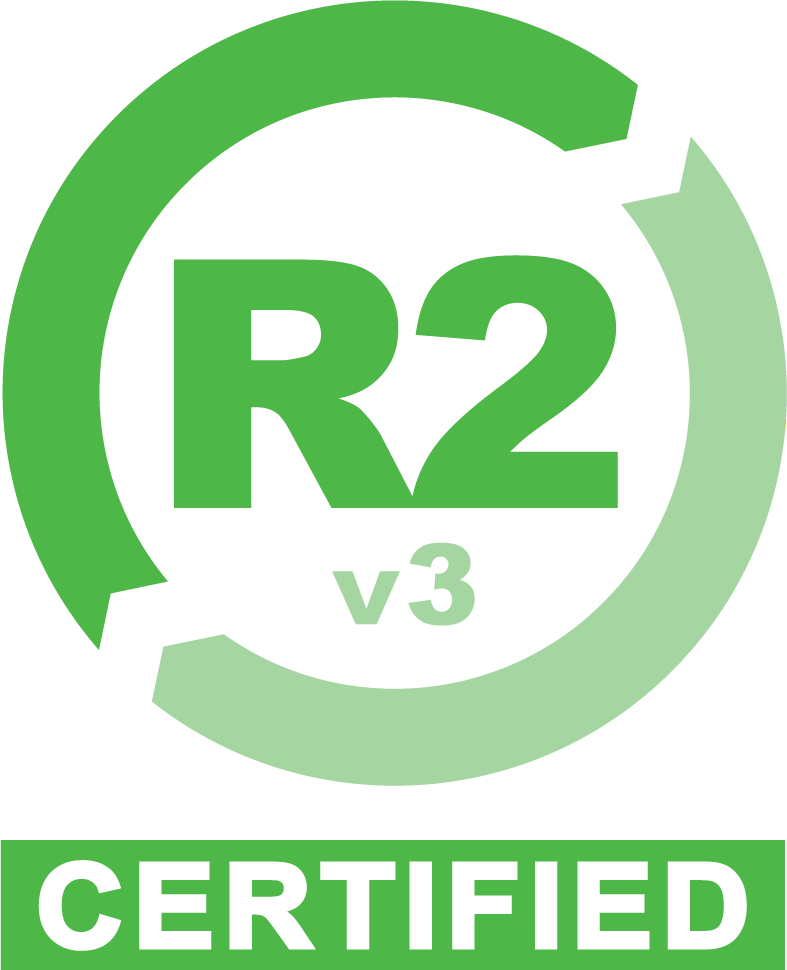
 Google map directions
Google map directions
 Google map directions
Google map directions
 Google map directions
Google map directions
 Google map directions
Google map directions
 Google map directions
Google map directions
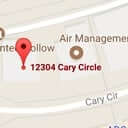 Google map directions
Google map directions
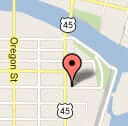 Google map directions
Google map directions